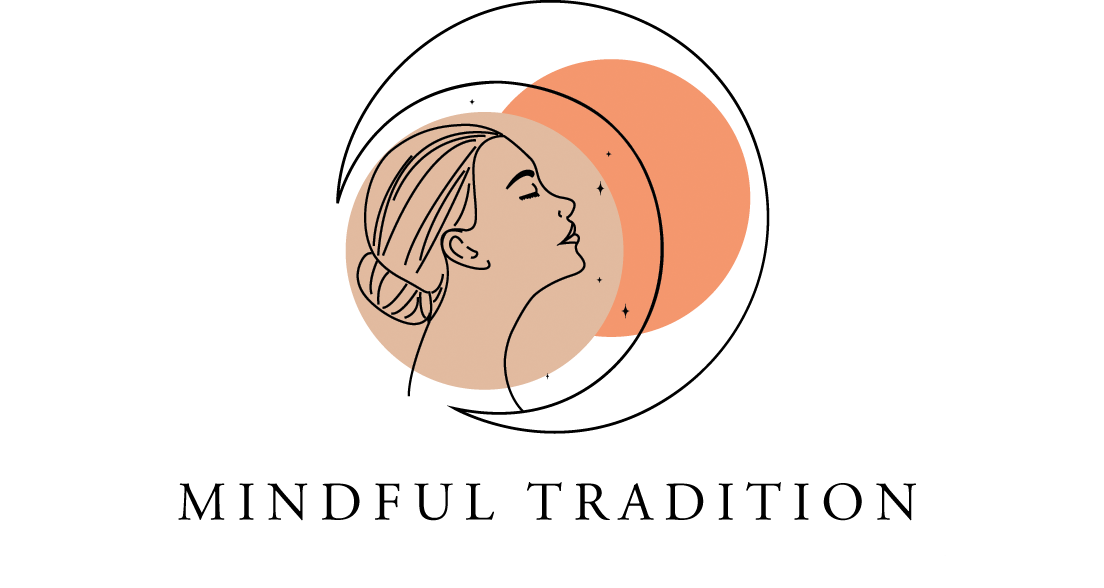Kids Conversation Tradition
I am a talker. In fact, I tend to talk a little too much. Parenthood has shown me that.
The importance of stopping to listen. To validate feelings. To not always have my own agenda. That it is OK to sometimes sit in silence together just having a shared experience. That there can be magic in the things not said, but rather felt in the heart space. That not everything needs to be perfectly explained. My children have gifted me this.
Conversations with kids are these beautiful things where we can foster the relationship through the minimal task of stopping what we are doing, getting down on their level, and listening.
Because kids have big questions that need to be answered, but how we answer them matters so much.
Our children are living in a time where all information is available to them. So they come to us with topics that are way beyond their developmental level of processing. Things that are too abstract or scary. Things not made to be a part of the tender time of childhood. Or conversations that are hard to have because we think our children are not ready to have them yet.
However, it can be just as damaging to give children too much information as it can be to avoid the conversation. What's most important is that we model at a young age how to hold compassionate space when having a conversation that is dicey.
Let's look at this more specifically from each lens.
The first scenario is a conversation that may not be totally appropriate for a child to process. A great example of this is racism. It is something I hear parents regularly say they do not know how to talk about with their kids, and so they end up avoiding the conversation entirely.
What's most important is that each family knows their child well enough to know what is appropriate to share with them. Even children that are “mature” for their age need their parents to filter out information for them. Oftentimes children will say something is fine but their behavior will give a larger indication of whether or not the information was appropriate for them to receive. This could look like loss of appetite, loss of sleep, aggression, hurting others, or becoming clingy. These can all be indicators that a child's world is too big, or that the information they are inputting is out of alignment with their needs and development. With the example of racism, with toddlers, I recommend incorporating toys and books that showcase a number of cultures and skin tones from around the world. With Pre-K to K, I would offer an explanation that we call others names that they wish to be called, and begin to foster the ideas of equality and the magnificence of each human being on this planet. While in 1st-3rd grade I would begin to speak of the history of intolerance in our country (in very vague ways) and with my own white children about the importance of using our voice to advocate for others because we have the privilege of being born with white skin. I find it best to start these big conversations young and add to them as the child grows and their consciousness expands.
The second scenario, of having hard conversations, often for me has to do with holding my children accountable for their actions. It would be so much easier to ignore so much of what goes on in my home with 3 small kids, yet I firmly believe that it is my responsibility to model the hard conversations with them now so they are well-adjusted adults ready to give and receive feedback later in life. It is taking a deep breath and setting an intention that I want to bring to the conversation, or thinking ahead of time about what my points are. I will say that I have a very low threshold for unkind behaviours/yelling/acting out during any conversations with my kids and so we may need to take space to calm down before completing a conversation. The other option is adding mindfulness to hard conversations. Such as asking someone to take deep breaths, mirror back what I have said, and ask others for compassionate listening.
I could go on and on with this topic. As I said at the beginning of this blog post, I am a talker, so I have a lot to say about talking lol. However, I think you now have a basic understanding of these two very different needs around communicating with kids. As an adult, this can be especially helpful if these tools were not modelled for you in your childhood. If you never had to have hard conversations or talk about big things then it can be hard to communicate these things in adulthood. If this is an area you would like to grow in please reach out today and we can find your Mindful Tradition.
